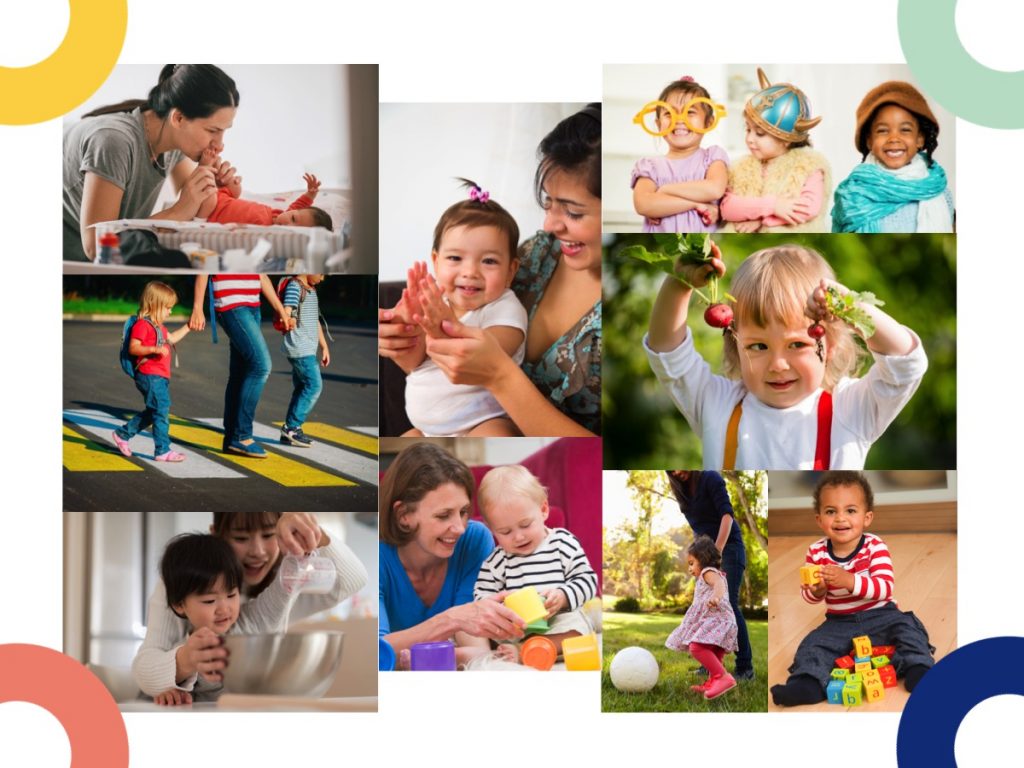
Math is all around and in everything we do. Children build early numeracy skills during daily routines and activities. Think of ways you can help children learn math concepts every day. How can you add measurement or patterns to children’s daily activities? What about number and operations such as addition and subtraction?
Young children include math as a natural part of their exploration and play. But adults have a central role in guiding children’s interest, enjoyment, and engagement with early math.
-
- Cardinality
- is the concept that, when counting objects, the last number represents the total number of objects in the set
- Measurement
- includes size, length, height, weight, volume, distance, and time
- Number and operations
- refers to a set of math concepts related to understanding and representing numbers and operations (e.g., addition, subtraction, multiplication, and division) and the relationships between them
- Numeracy
- is the ability to understand and reason with numbers
- One-to-one correspondence
- refers to matching one object to each number word when counting
- Subitizing
- refers to the ability to identify the number of objects in a small group of objects without counting them
- Scaffolding
- is offering the right level of support to help a child achieve more than they would be able to on their own